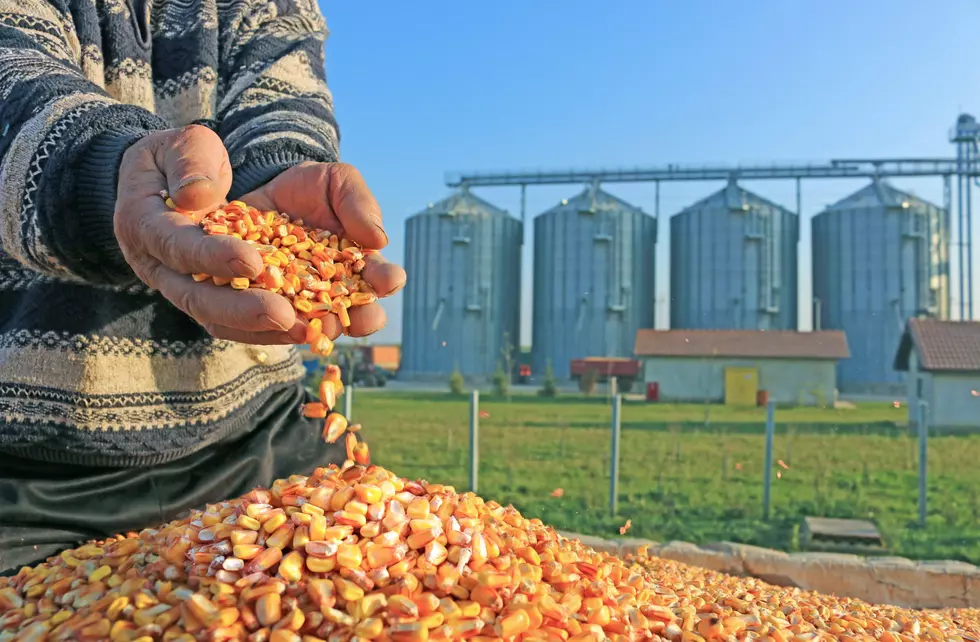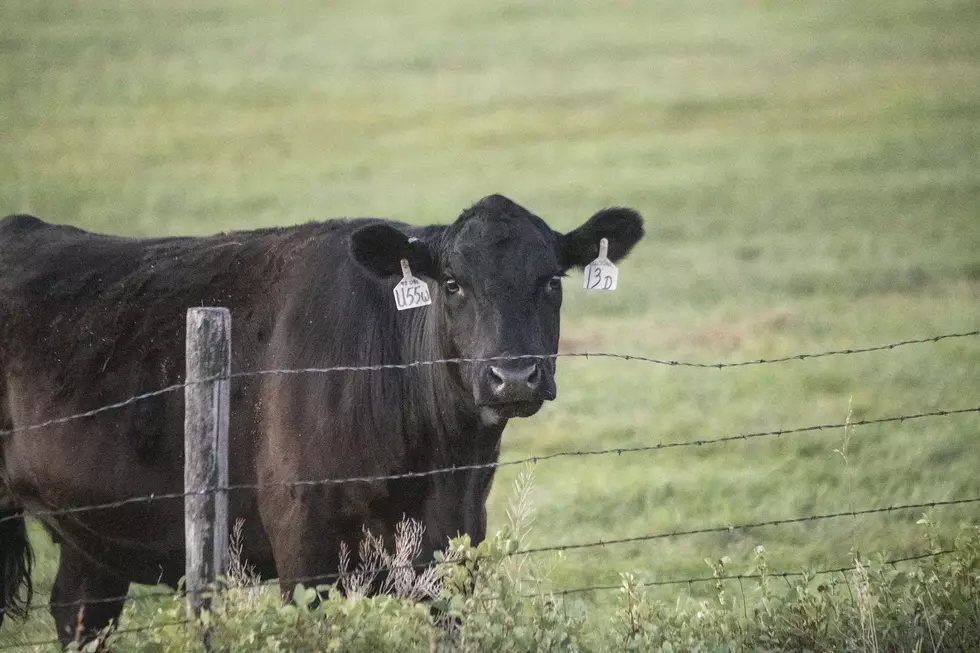
Ag Continues to Look at Genetic Cross Breeding Options
In the wake of negative sentiment against genetically modified crops, the agricultural industry is embracing a new brand of genetic modifications that they hope will provide better products without the concerns that some organizations have raised about GMO crops. Andy LaVigne from the American Seed Trade Association said the method is known as gene editing.
"Gene editing, the way we're looking at it, it's an evolution of breeding."
The Ag industry is one of the early adopters of the process for a number of reasons. The process is faster, cheaper, and more process than conventional genetic modification, and allows producers to improve crops without adding genes from other organisms, something that has sparked resistance to GM crops in some regions.
"Some of the folks that work in this area call it precision cross-breeding," Dan Moser is with the American Angus Association, and one of the many producers who say gene editing not only reflects traditional cross-breeding methods for cross-breeding methods for plants and animals, but in ways that greatly expedite the cross-breeding process.
Luther Markwart of the American Sugar Alliance says this takes on greater significance when talking about matters such as creating genetic resistance to a disease or pest threat, or ensuring there's enough food to feed the global poulation by the year 2050.
"We don't have that kind of time. You've go to be able to have that technology that will really give consumers healthy food at reasonable prices, and be able to speed up the ability to make advances in those varieties."
More From PNW Ag Network








